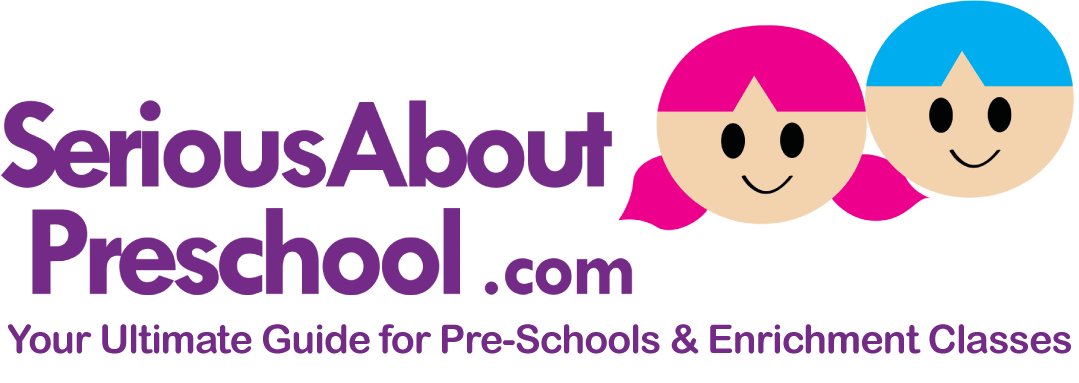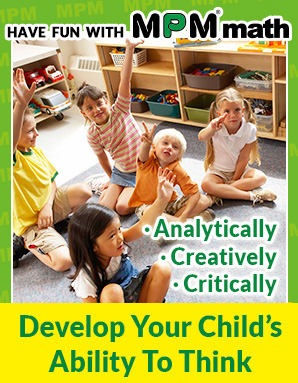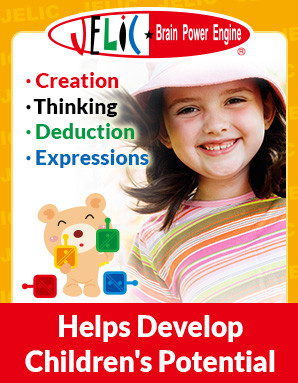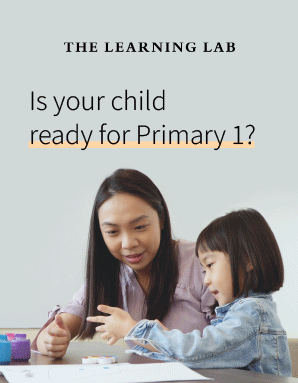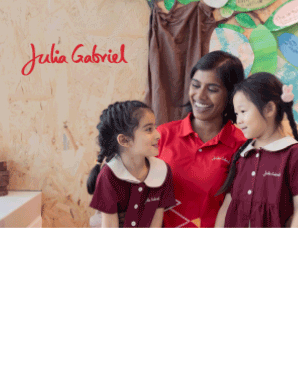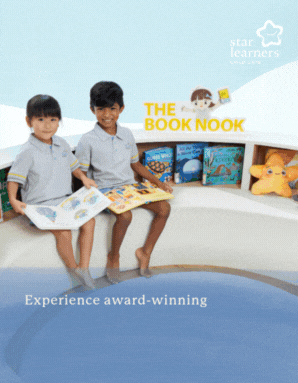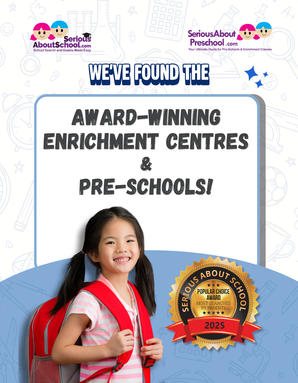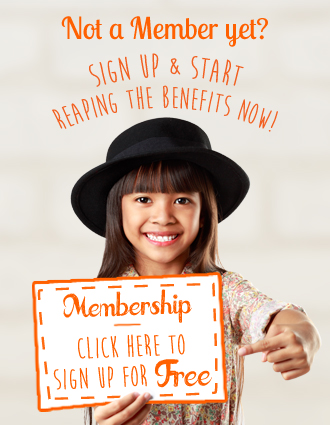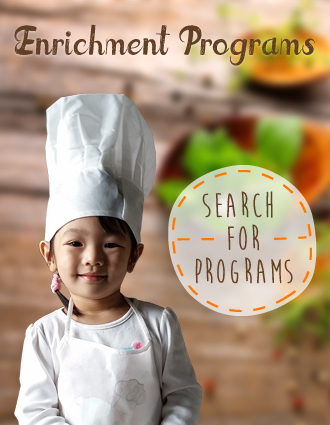Question:
How to spend quality time with our daughter that is both fruitful and beneficial?Asked By : Celest Chong
Words from the Expert:
Question:
As both my husband and I work, we have very little time to spend with our daughter. How do you suggest we spend quality time together with her that is both fruitful and beneficial?
Answer:
The short answer is that any time you spend which is specifically focussed on your child will help with her development and pay dividends later in life.
As for the activities which help your child develop skills and behaviours which will help him/her in the future, the secret is not to try to teach her anything! Children learn and develop through hands-on experience - not by being told, taught or drilled - so it turns out that the best way to create 'quality time' is to make it enjoyable.
Play with your child 'hands-on'. Get down on the floor and become a part of the imaginative world which she is creating, go with the flow and contribute ideas – but be very careful not to take over and dictate the direction of the play.
It has been said that “Reading and Writing float on a sea of Talk”. What this means is that if we want our children to master the phonemes and structures of the language, we must keep up a constant and lively conversation with them, so that they hear, absorb and habituate the language forms which will support their mastery of phonic structures, syntax and written language into the future.
With this in mind, an important part of early childhood play should be regular shared reading activities – at least once, preferably more than once every day. Notice, I call this ‘play’ – not instruction. The role of shared reading is absolutely critical in the development of future readers.
We should raise a child who loves to read before she masters the skill of decoding. Research across the world backs up the opinion of beloved children’s author and early literacy-acquisition expert Dr Mem Fox, who suggests that a life-long enthusiastic reader should experience at least 1,000 words before entering Primary School. The keyword here is ‘experience’. We do not try to drill the child to recognise words – or even letters – these elements are experienced as part of the overall ‘book-play’ (which involves lots of talk about the pictures, the story, the characters; questions which ask for prediction – What will happen next? – or motivation – Why do you think he did/said that? – or opinion – Who do you think was right in that situation?)
It is fine to draw attention to particular letters or words – but it is only effective if it occurs in context – in a way that adds to the experience of the book itself.
Blocks and other simple construction toys can become the source of hours of collaborative play – which is most effective if there is a shared narrative going along with the physical act. Ask questions about what you are constructing, and follow up ‘What’ questions with ‘Why’ and ‘How’ questions – or ‘What ifs.’ Every moment of play is an opportunity to teach them life lessons and values – we just need to be aware, in the moment, of the opportunities we can seize to build upon what is happening in our child’s amazing world.
It is said that the real work of childhood is play. Quality time means immersing ourselves in our child’s very busy ‘work-life’.
Brian Caswell, Dean of Research & Programme Development,
Author of The Art of Communicating with Your Child and The 3-Mind Revolution





